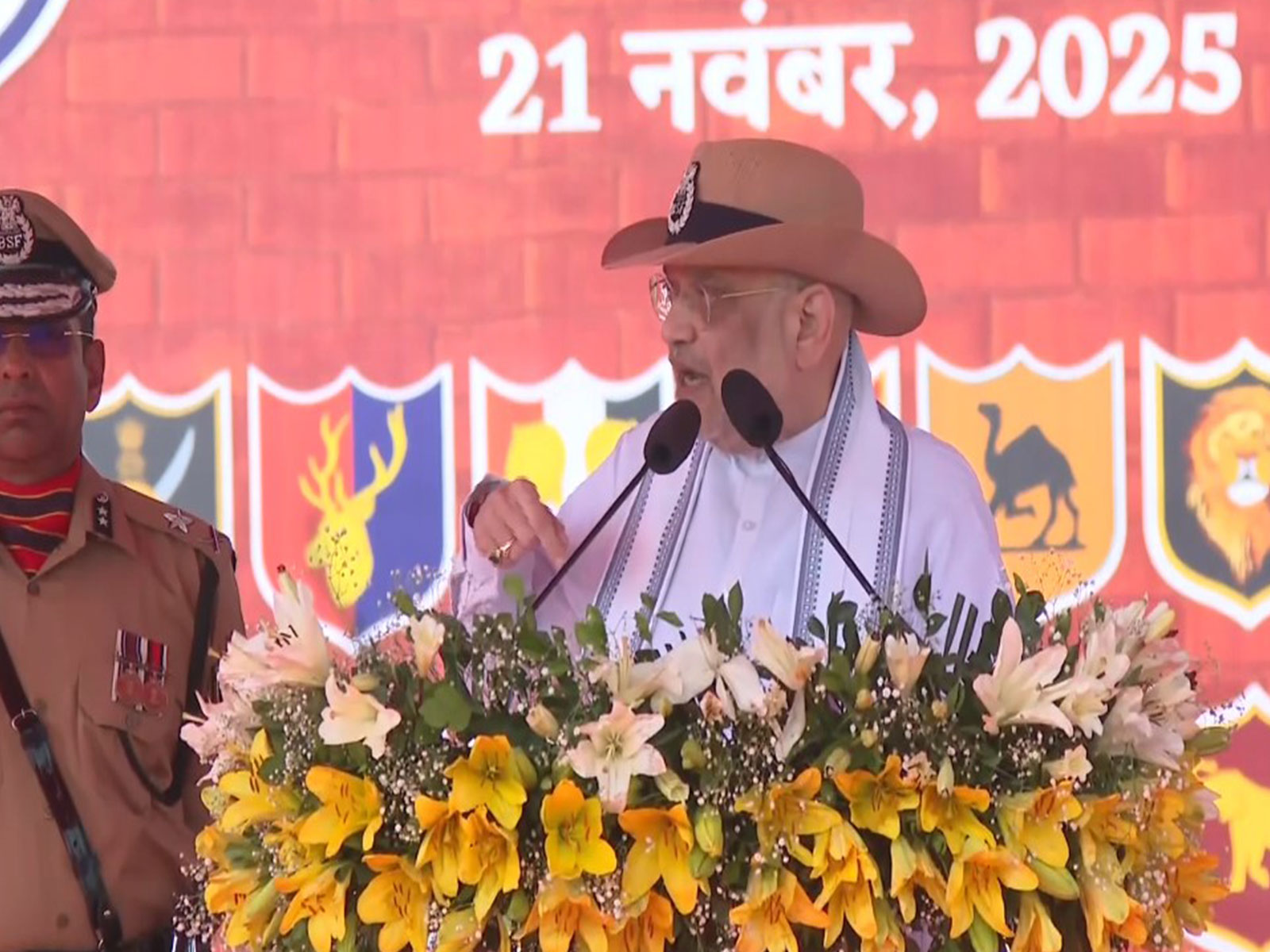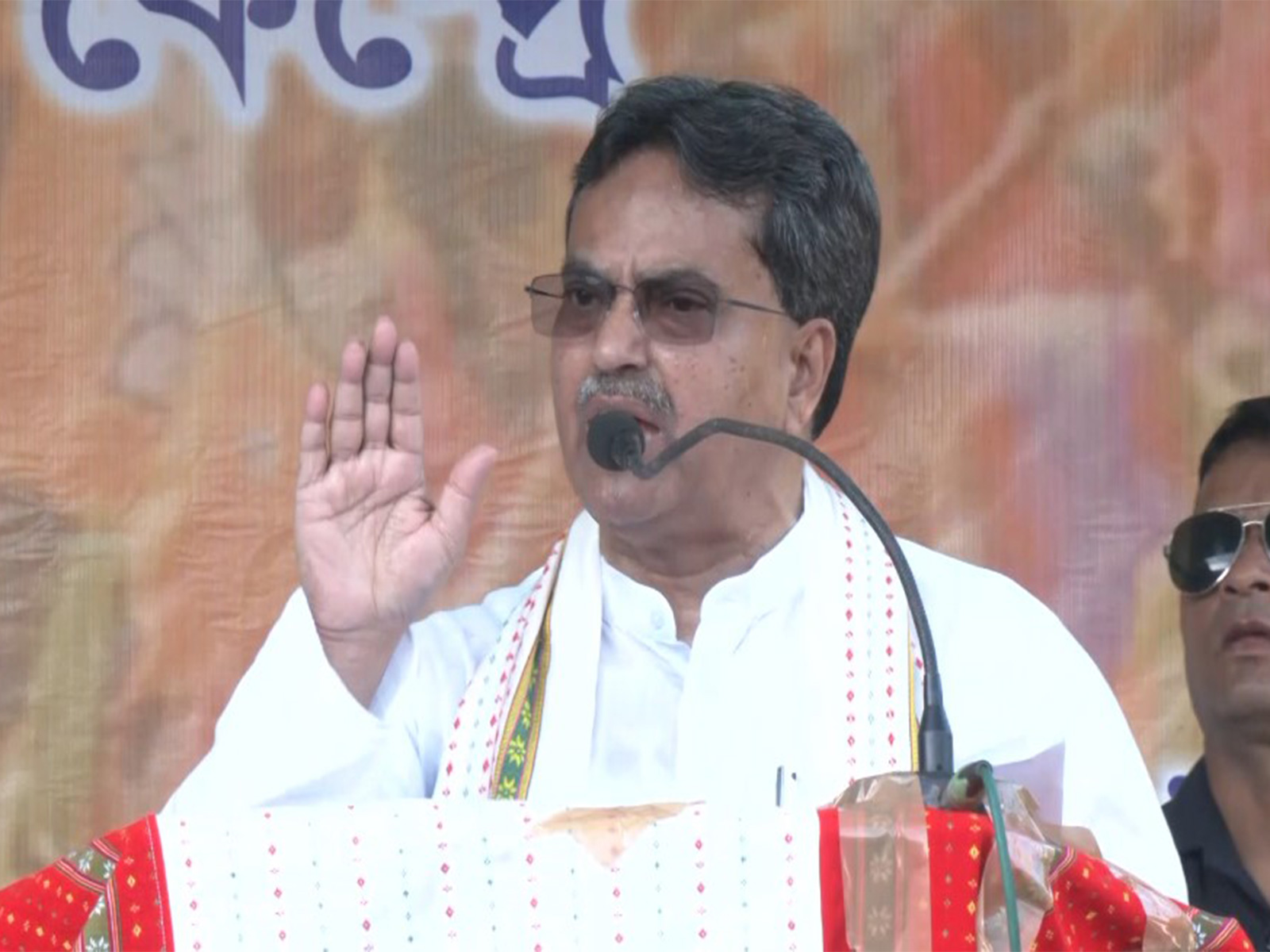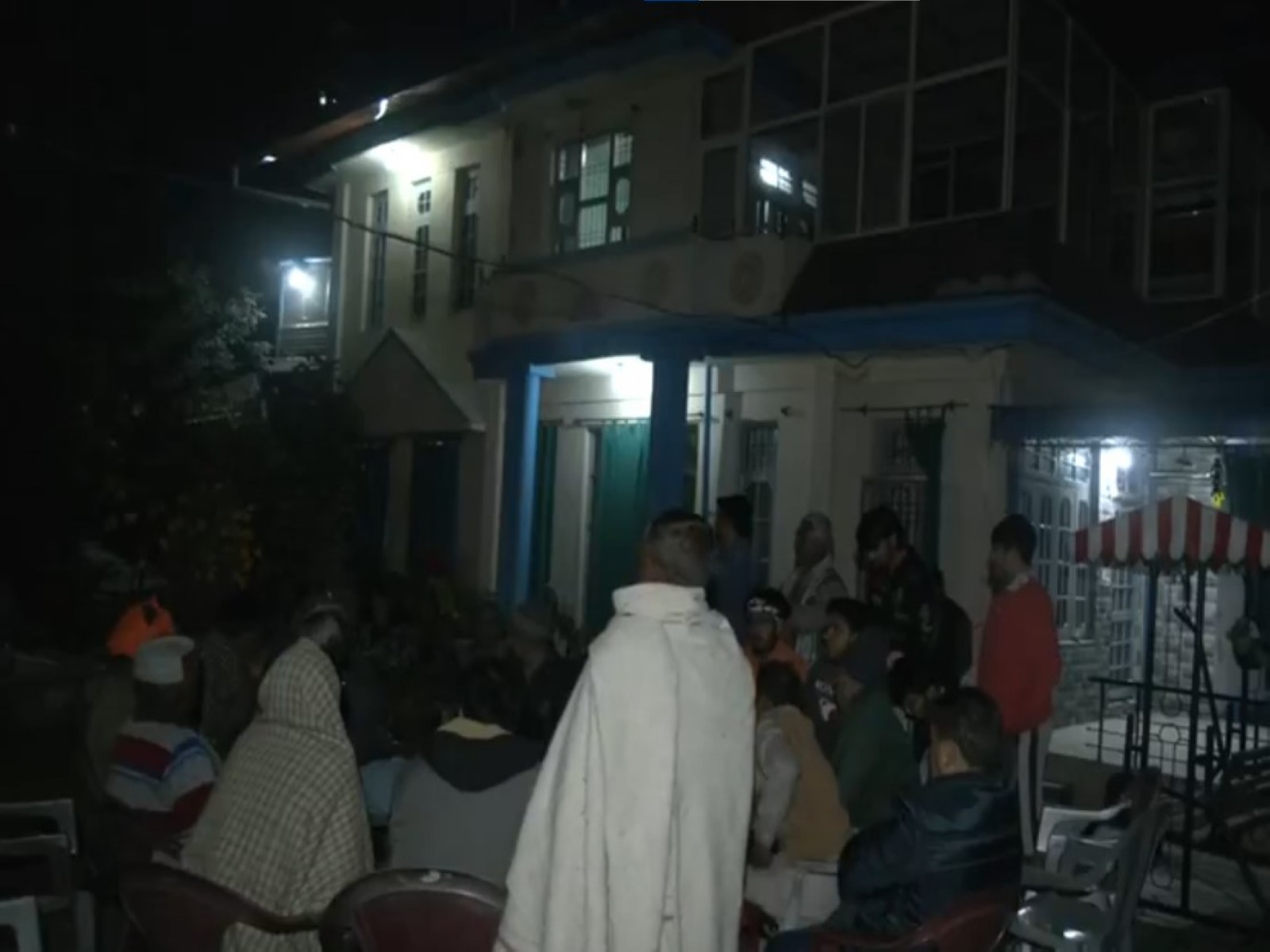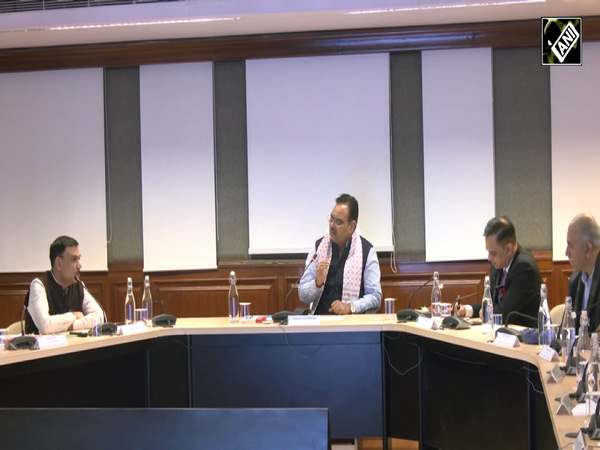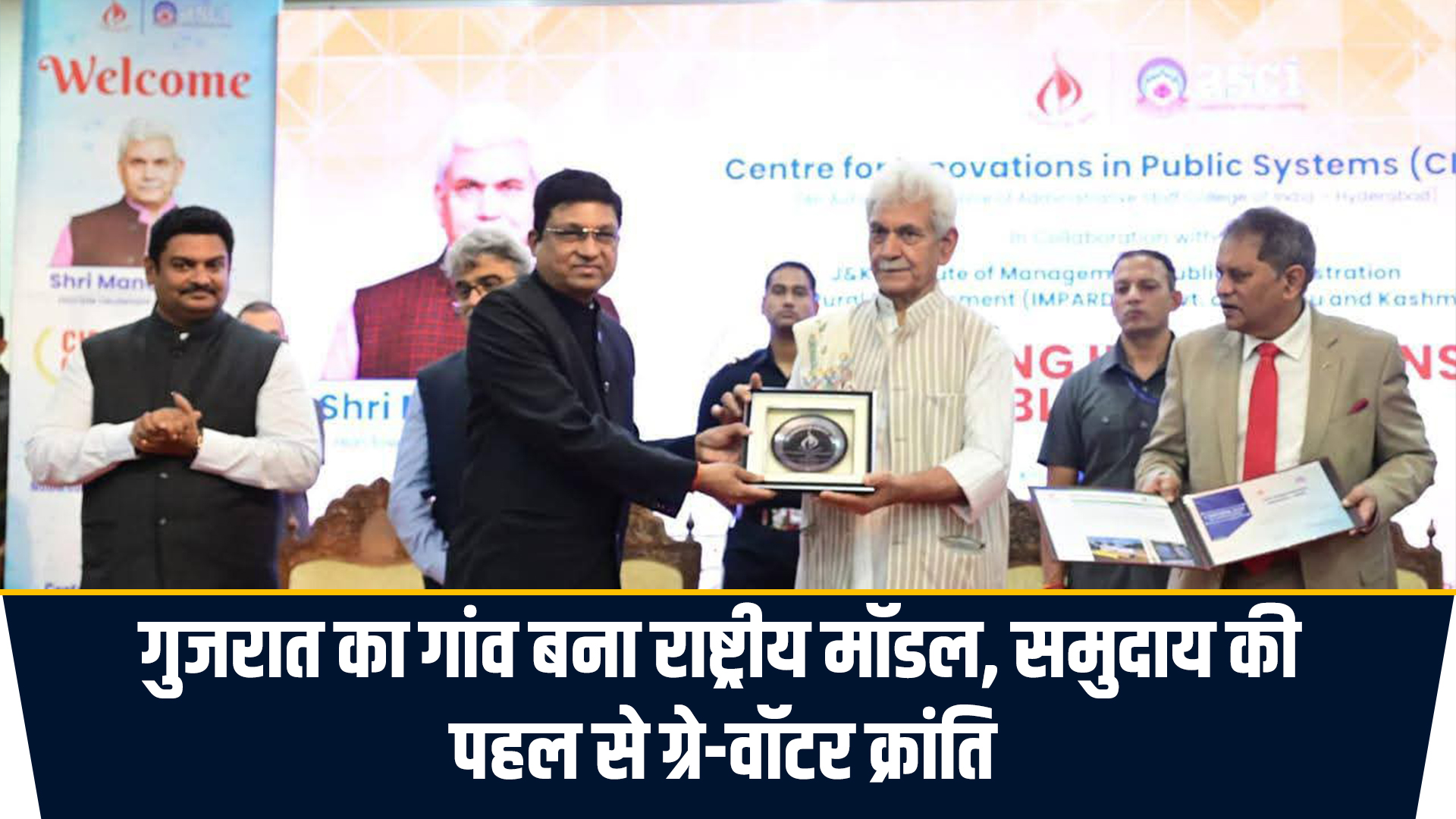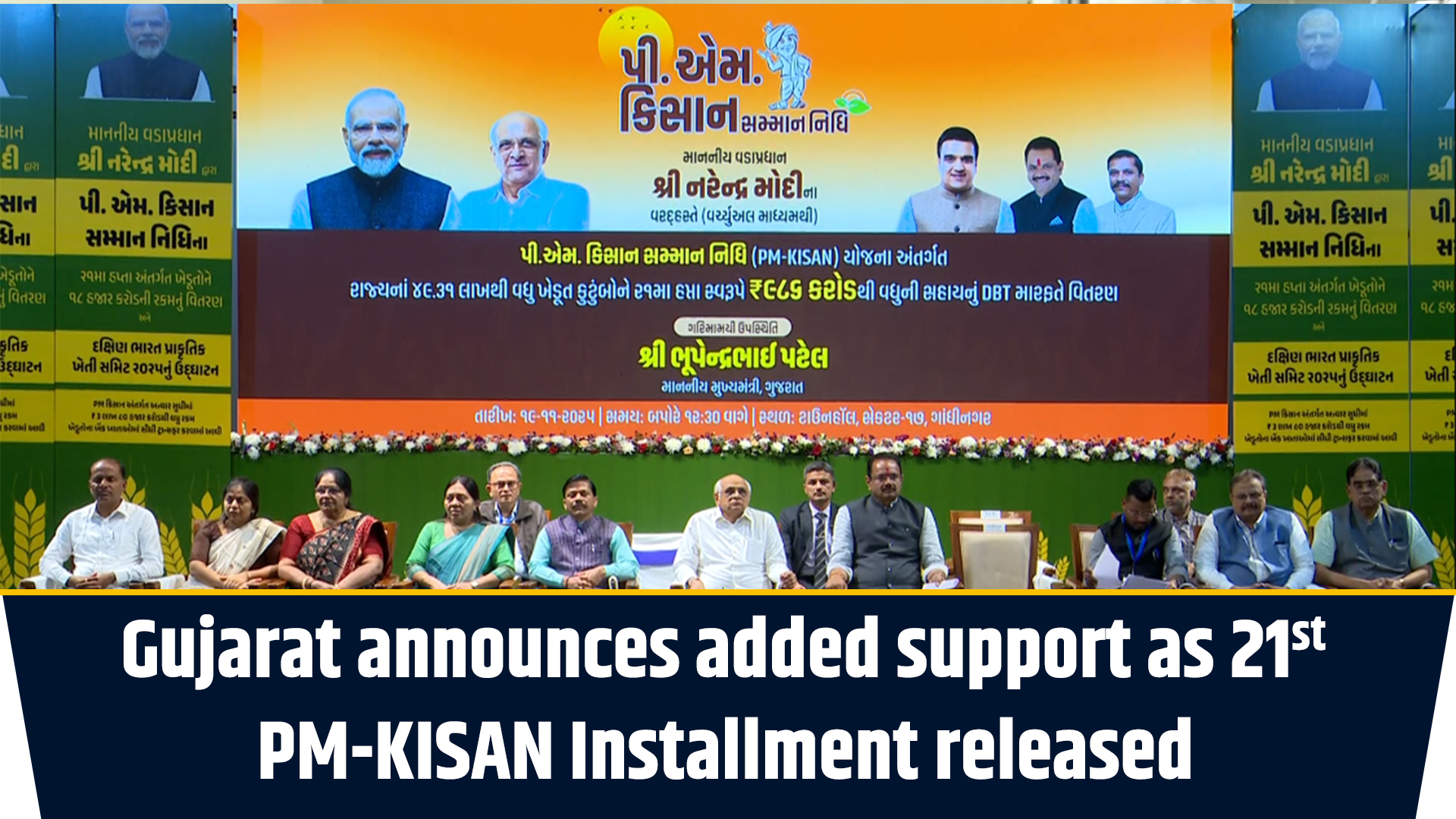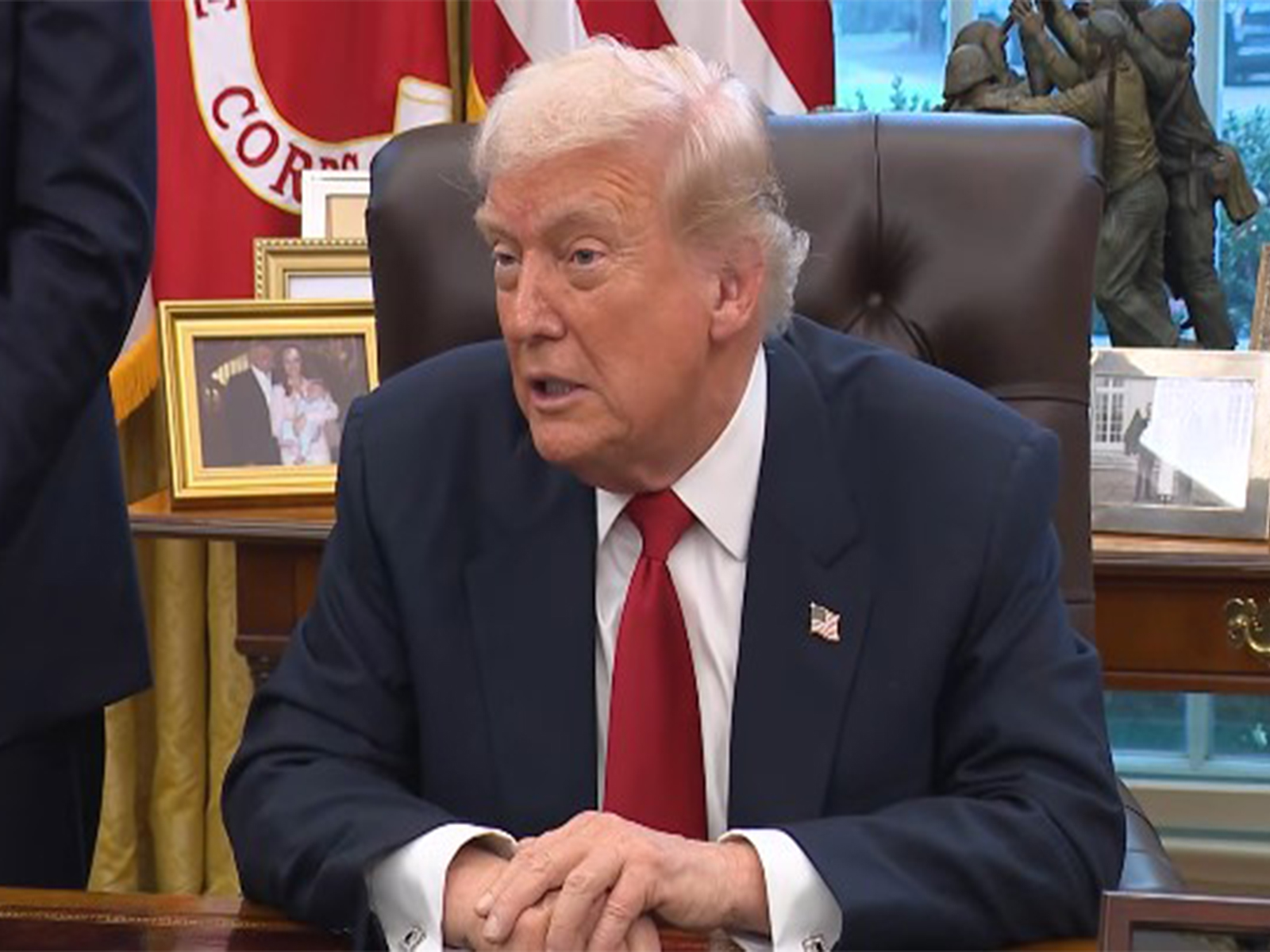
"Eliminating complexities and benefiting both employers, employees": BMS Girish Chandra Arya hails new labour codes
Nov 22, 2025
Ghaziabad (Uttar Pradesh) [India], November 22 : Girish Chandra Arya, All India Secretary of the Bharatiya Mazdoor Sangh (BMS), on Friday hailed the Central Government's implementation of four new labour codes, calling it a "historic day for India's workers."
Speaking to ANI, Arya expressed gratitude to Prime Minister Narendra Modi and the Labour Minister, stating that the new codes would eliminate the complexities of outdated labour laws, benefiting both employers and employees.
"Today is a historic day for India's workers. The long-awaited four labour codes have been implemented. The Bharatiya Mazdoor Sangh has been demanding their implementation ever since these codes were enacted. We express our heartfelt gratitude to the Prime Minister for this, and we welcome this step. We also express our special gratitude to the Labour Minister," Arya said.
He further added, "This will provide a new direction for India's workers... our current laws were outdated and complex. They caused problems for both the employer and the employee. Now with the four codes, the complexity will be eliminated..."
Meanwhile, in a historic decision, the Government of India has announced that the four Labour Codes, the Code on Wages, 2019, the Industrial Relations Code, 2020, the Code on Social Security, 2020 and the Occupational Safety, Health and Working Conditions Code, 2020, are being made effective from 21st November, rationalising 29 existing labour laws.
By modernising labour regulations, enhancing workers' welfare and aligning the labour ecosystem with the evolving world of work, this landmark move lays the foundation for a future-ready workforce and stronger, resilient industries driving labour reforms for Aatmanirbhar Bharat.
According to an official release issued by the Ministry of Labour and Employment, many of India's labour laws were framed in the pre-Independence and early post-Independence era (1930s-1950s), at a time when the economy and world of work were fundamentally different. While most major economies have updated and consolidated their labour regulations in recent decades, India continued to operate under fragmented, complex and in several parts outdated provisions spread across 29 Central labour laws.
These restrictive frameworks struggled to keep pace with changing economic realities and evolving forms of employment, creating uncertainty and increasing compliance burden for both workers and industry. The implementation of the four Labour Codes addresses this long-pending need to move beyond colonial-era structures and align with modern global trends.
Together, these Codes empower both workers and enterprises, building a workforce that is protected, productive and aligned with the evolving world of work -- paving the way for a more resilient, competitive and self-reliant nation.

